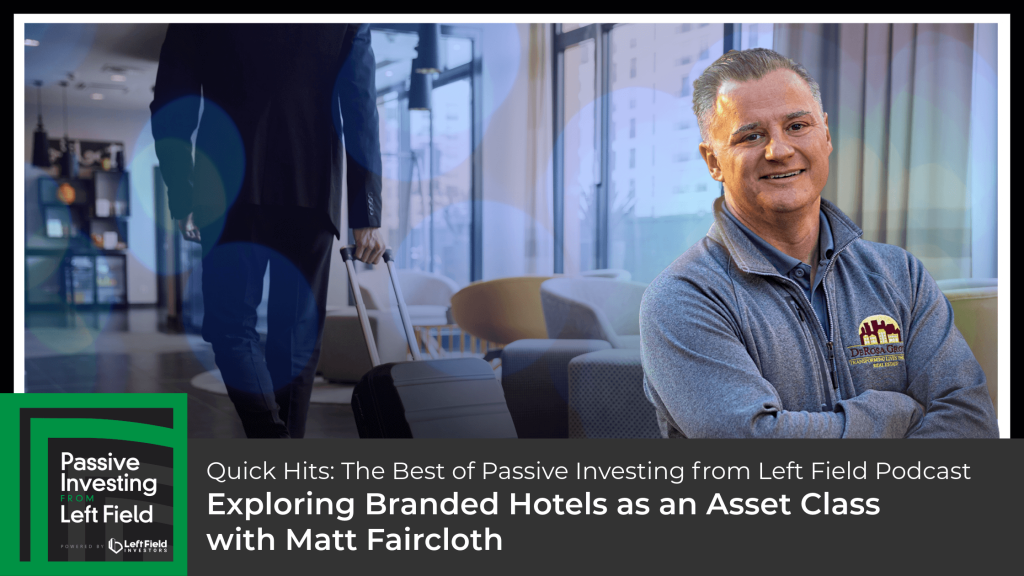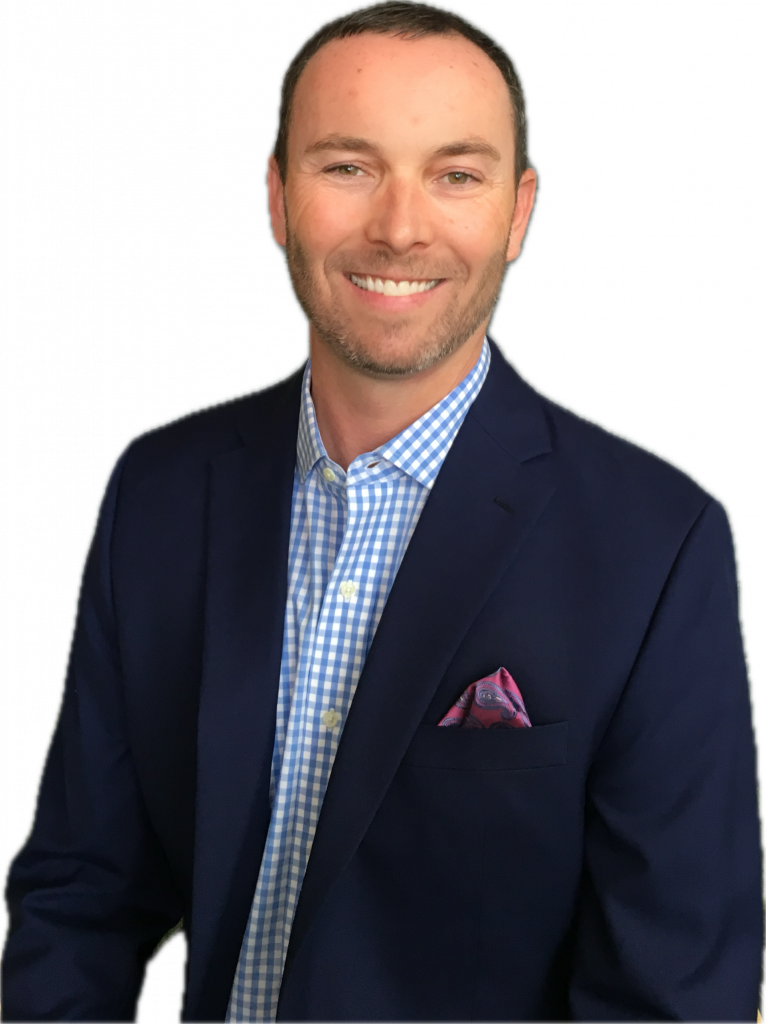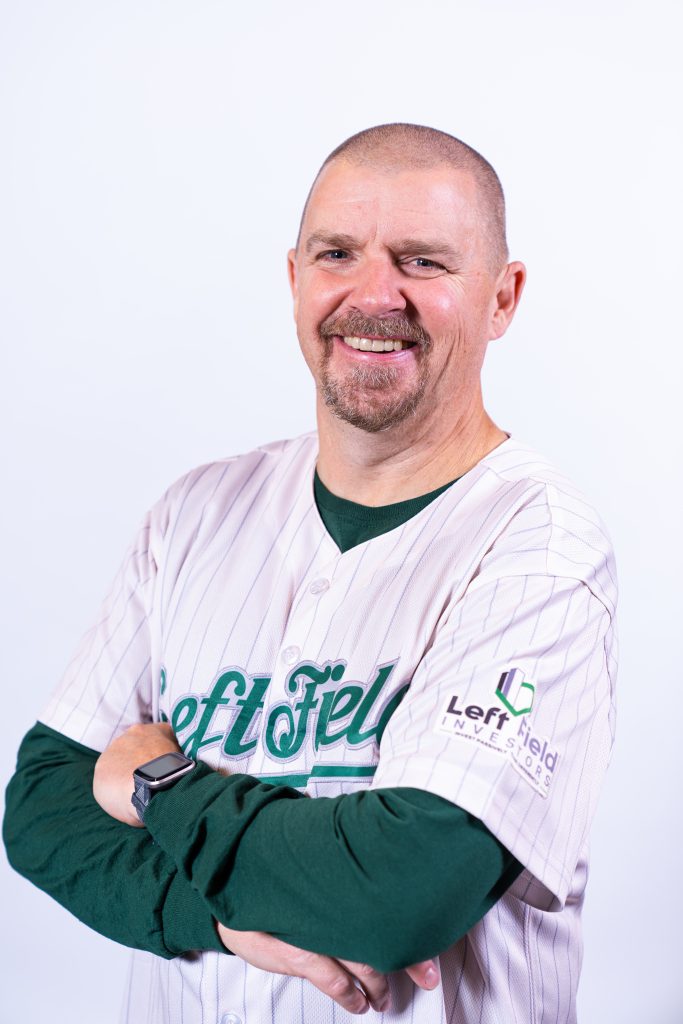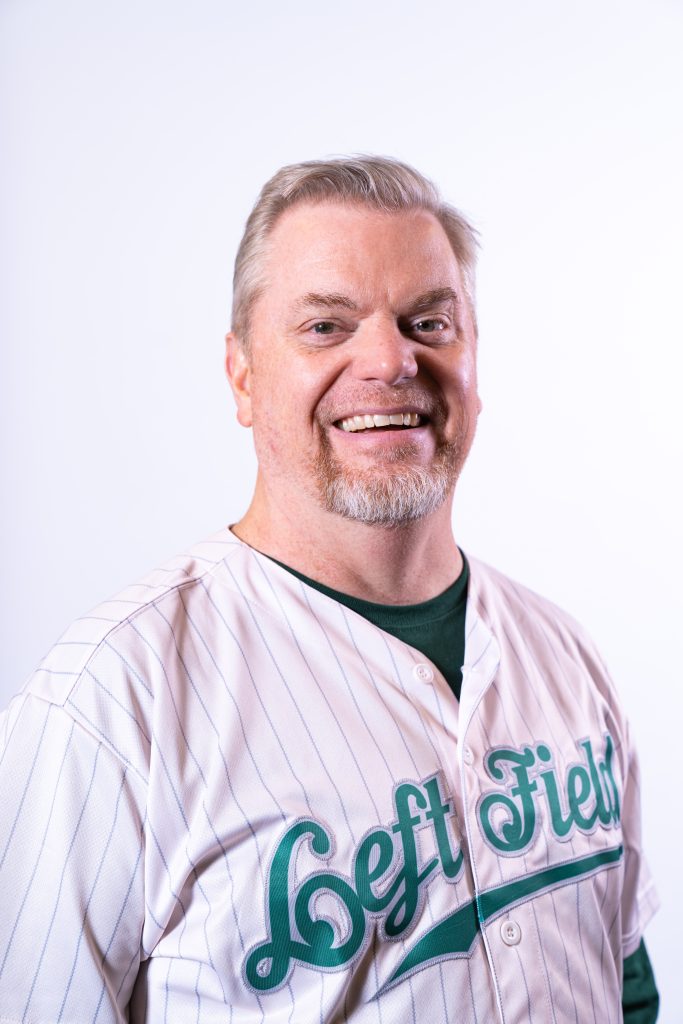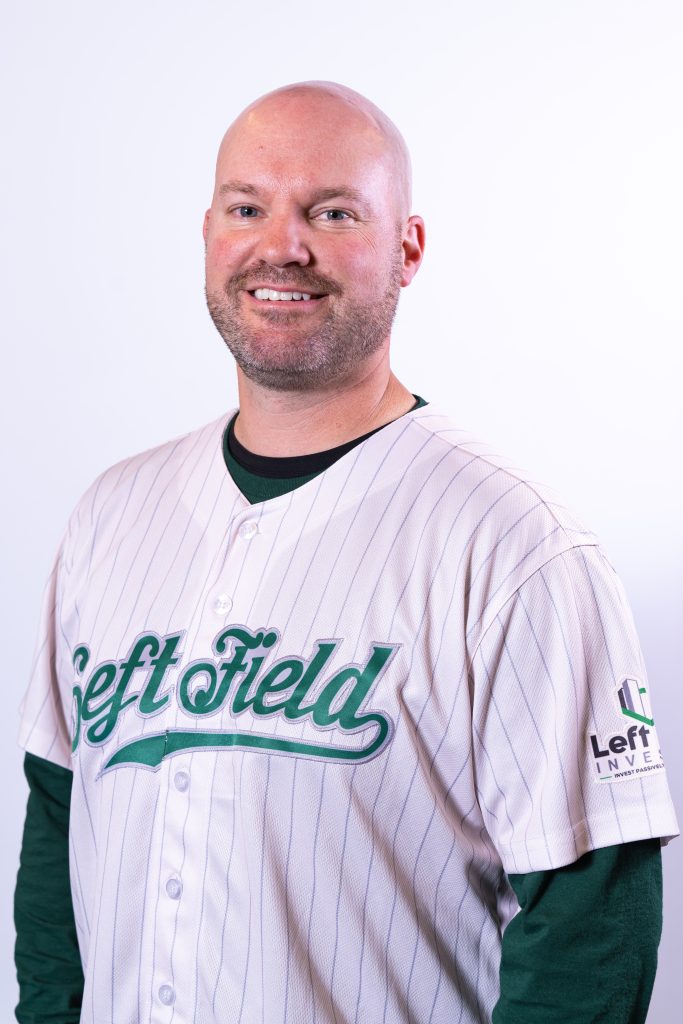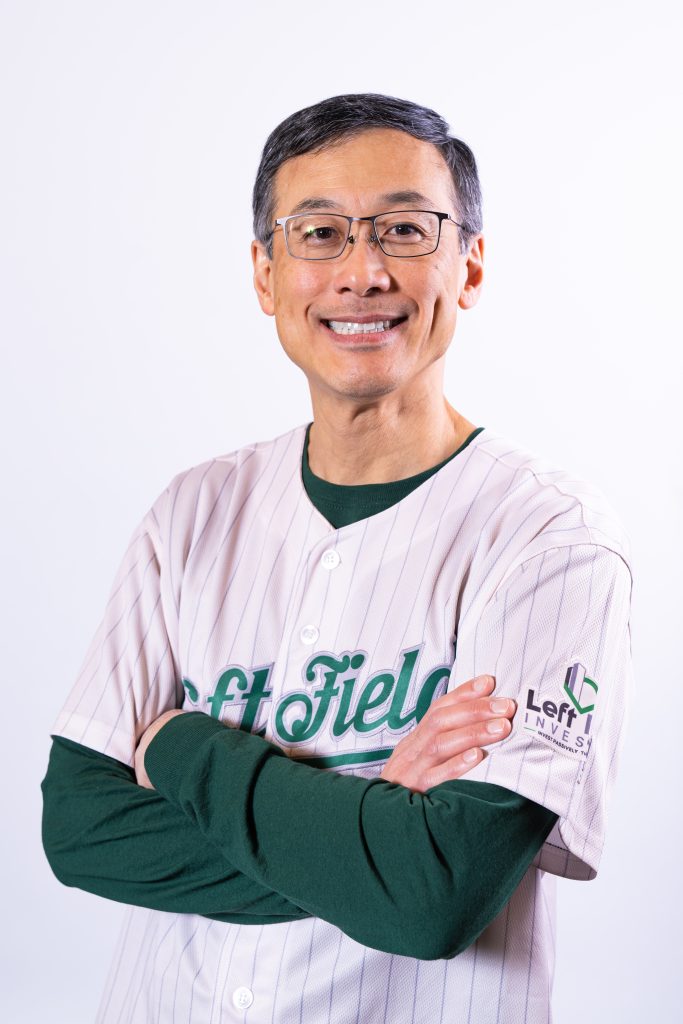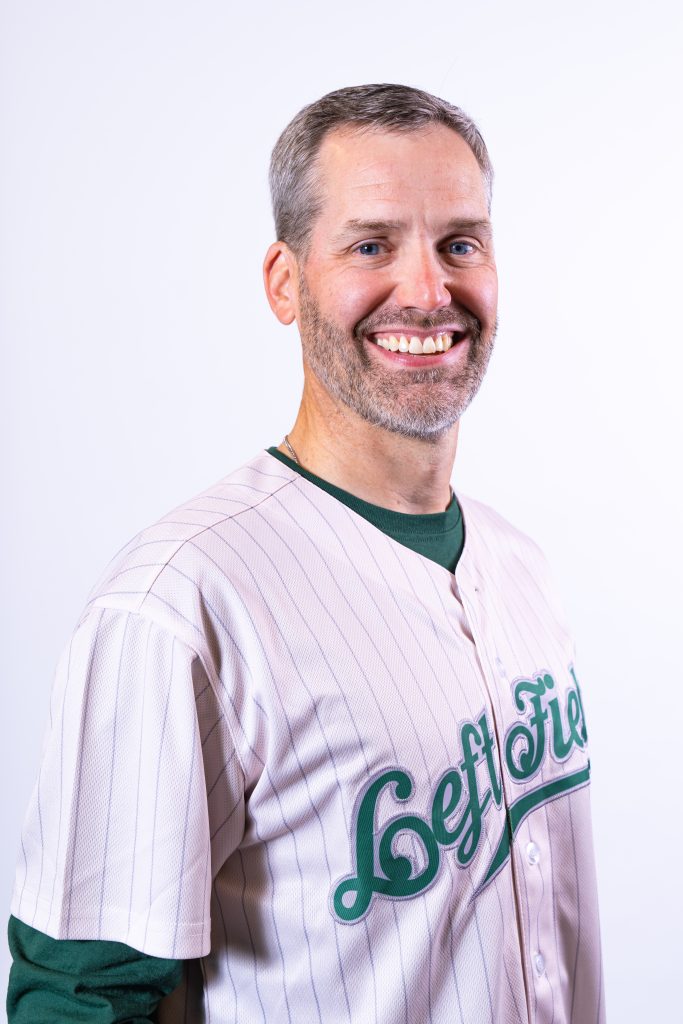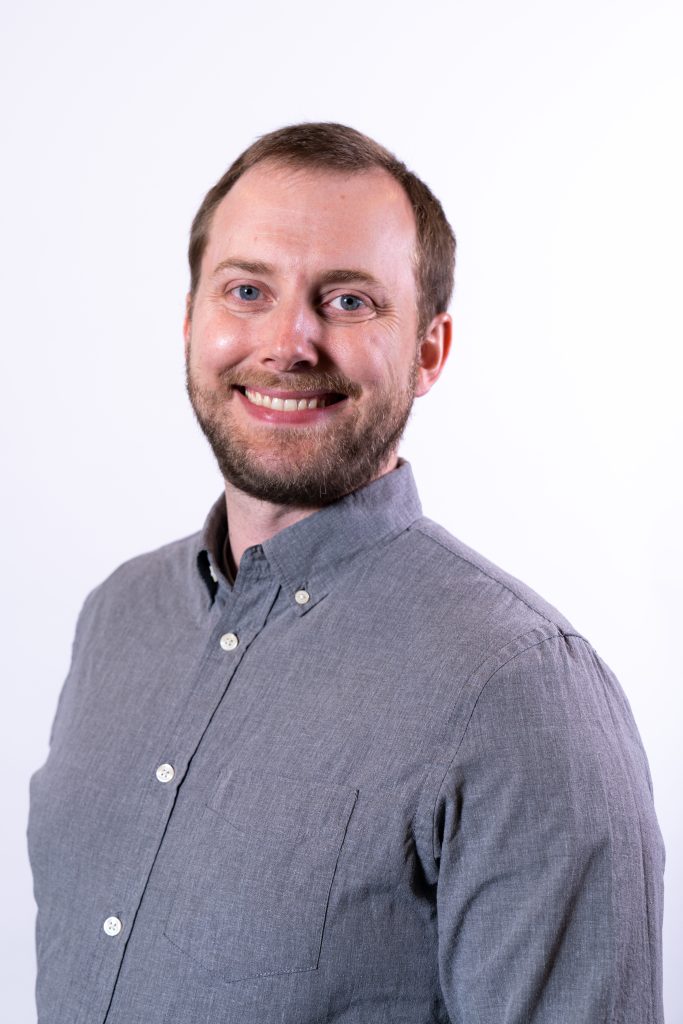Join host, Chad Ackerman, as he sits down with seasoned real estate investor, Matt Faircloth to discuss the importance of transparency, clear communication, and a conservative approach to deal underwriting in today’s challenging market. As the co-founder of the DeRosa Group, Faircloth shares his inspiring journey in real estate, from a modest $30,000 loan to managing thousands of multifamily units and a significant investment fund.
The Importance of Transparency in Real Estate Syndications
Faircloth emphasizes that real estate syndication investments should not be treated like bonds, and investors should not expect guaranteed monthly payments. He explains that during economic changes, his company prioritized the protection of capital by pausing distributions, demonstrating their financial conservatism and focus on responsible management.
“We pay what the property is performing at,” Faircloth states, highlighting the importance of transparency in investor communications. He believes that investors should question operators who consistently pay out exact preferred returns, as it may indicate a lack of transparency or an attempt to avoid difficult conversations.
Navigating Market Challenges with Rigorous Due Diligence
Faircloth reveals that despite evaluating nearly 300 multifamily deals, the DeRosa Group did not close on any acquisitions due to unreasonable asking prices and a disciplined investment approach. He explains that sellers and some buyers still behave as if it were 2018, failing to recognize the significant changes in the market.
To navigate these challenges, Faircloth’s team includes underwriters with conservative and pessimistic outlooks who evaluate deals and develop structures to hedge against worst-case scenarios. This approach has led the DeRosa Group to explore new asset classes, such as branded hotels, which provide immediate cash flow and require different market considerations compared to multifamily properties.
Shifting Focus to Cash Flow and Fixed-Rate Debt
In the current economic climate, Faircloth advises investors to be cautious of deals that rely heavily on appreciation for returns. He believes that the economy will remain unpredictable and soft in the coming years, making cash flow a crucial factor in investment success.
“If I were an LP, I’d be very cautious of deals where a lot of my IRR profit is made off of appreciation,” Faircloth warns. He recommends focusing on deals that cash flow from day one and have fixed-rate debt to protect against interest rate fluctuations.
While floating-rate debt may seem attractive given the potential for rate decreases, Faircloth prefers the certainty of locking in rates for the next five years, even if it means accepting slightly lower returns. He believes that cash flow will be the key to weathering any market downturns and that investors should prioritize stable, consistent returns over aggressive growth projections.
The Return of Buy-and-Hold Strategies
Faircloth predicts that buy-and-hold real estate strategies will become more popular in the coming years, as the market shifts away from the rapid buying and selling that characterized the past decade. He believes that investors will return to the basics of purchasing properties, holding them for cash flow, and selling when market conditions are favorable.
“Having a sales date in the future on the time horizon of three to five years, that’s all crystal ball predictions,” Faircloth explains. “Who knows if the market’s going to be there?” He suggests that if a property is generating mid to high single-digit returns, it may be wise to hold onto it until the market indicates it’s time to sell, which could be several years down the line.
Diversifying with Cash Flow Vehicles and Liquidity
To adapt to the changing market, the DeRosa Group has created a cash flow vehicle in the form of a debt fund that invests in hard money loans. This fund allows investors to earn a portion of the interest rates charged on the loans, providing a hedge against market volatility and a source of consistent returns.
Faircloth also emphasizes the importance of liquidity for investors, particularly in an environment where multifamily syndications often require long lock-up periods. He recommends seeking out funds with liquidity components and the ability to compound returns, offering investors more flexibility and control over their capital.
Key Takeaways for Passive Investors
Throughout the episode, Faircloth shares valuable insights and advice for passive investors navigating the current real estate market:
- Prioritize transparency and clear communication with operators, questioning those who consistently pay out exact preferred returns without regard to property performance.
- Be cautious of deals that rely heavily on appreciation for returns, and focus on investments that generate cash flow from day one.
- Consider the benefits of fixed-rate debt in protecting against interest rate fluctuations and ensuring more predictable returns.
- Embrace the potential resurgence of buy-and-hold strategies, recognizing that longer hold periods may be necessary to maximize returns in the current market.
- Diversify your portfolio with cash flow vehicles and investments that offer liquidity and the ability to compound returns.
By following these guidelines and maintaining a conservative approach to underwriting and due diligence, passive investors can navigate the challenges of the current market and position themselves for long-term success in real estate investing.
Matt Faircloth’s appearance on the Passive Investing from Left Field podcast offers a wealth of knowledge and practical advice for passive investors seeking to adapt to the evolving real estate landscape. By prioritizing transparency, cash flow, and a disciplined approach to deal evaluation, investors can weather market uncertainties and build lasting wealth through real estate.
As the DeRosa Group continues to explore new asset classes and investment strategies, Faircloth’s insights serve as a valuable reminder of the importance of staying agile, informed, and focused on the fundamentals of successful real estate investing.
Are you ready to take your passive investing to the next level? Join the Left Field Investors (LFI) Infielder Community and unlock a world of exclusive benefits designed to help you succeed in the alternative assets space.
As an Infielder, you’ll gain access to members-only educational content, live deal webinars, and recordings from top-tier sponsors. Tap into the collective knowledge of the LFI community through forums and interest clubs, and expand your network at Infielder-only meetings, regional clubs, and special events. With exclusive tools and resources at your fingertips, you’ll be well-equipped to make informed investment decisions and build a strong passive income portfolio.
Sign up for your Infielder membership today and start your journey to passive investing success!

